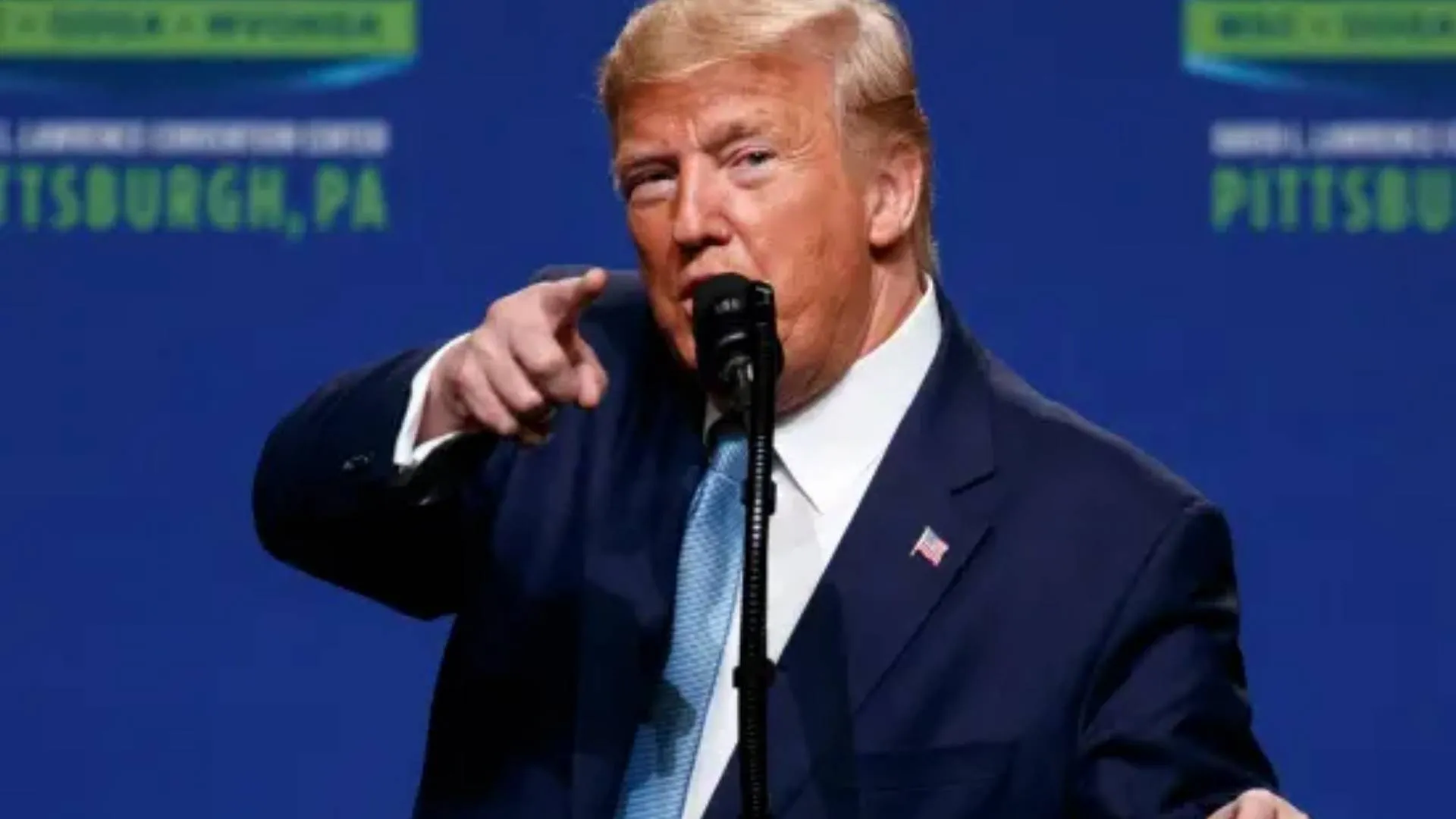Mizoram Chief Minister Lalduhoma is under scrutiny for remarks made during his September visit to the United States, sparking debate about his vision for Zo people reunification across India, Myanmar, and Bangladesh. His statements have prompted responses from Indian leaders, with Manipur Chief Minister N. Biren Singh firmly warning against any attempt to disrupt the unity of Manipur or India.
Controversial Statements In The U.S.
During a Mizo Day event in Maryland on September 2, Lalduhoma spoke about unifying the Zo people across borders, stating, “The main objective of the ZORO Movement in 1988 was Zo reunification within India. Can the Zo people in India, Burma [Myanmar], and Bangladesh today aspire to be reunited under India? Given the geopolitical realities of our time, it may not be so far-fetched to think this could become a possibility one day.”
The Mizoram Chief Minister emphasized his commitment to this vision, expressing hope for a future when Zo people might unite. He continued, “Perhaps fate has this reunification in store for us in the future. Also, I am not oblivious to the immense responsibility I bear in this regard, to contribute towards making this dream a reality.”
While his initial comments remained largely uncontroversial, his subsequent remarks on September 4 in Indianapolis generated backlash. In a more pointed statement, Lalduhoma appeared to address India, Bangladesh, and Myanmar, stating, “We cannot afford to have three enemies who are bigger than us,” a remark that was widely interpreted as antagonistic.
Viral Video And Historical Context
A video clip of Lalduhoma’s remarks has circulated widely on social media, showcasing his reflections on Mizoram’s turbulent history. Mizoram gained statehood in 1987 after a period of insurgency, and the Zo Reunification Organisation (ZORO) was established a year later to advocate for the unity of Zo people within India.
Referencing the ZORO movement, Lalduhoma explained, “As far as ZORO was concerned, the main policy was to achieve reunification within India. We cannot fight Myanmar, we cannot fight India, we cannot fight Bangladesh simultaneously. We cannot afford to have three enemies who are bigger than us.”
Lalduhoma’s Vision For Zo Unity
The crux of the controversy stems from Lalduhoma’s closing statements in Indianapolis. In his speech, he articulated his goal of uniting the Zo people, divided across three countries. He said, “As I near the end of my speech, I want everyone here to know that my primary reason for accepting the invitation to visit the United States is to seek a path towards unity for all of us. We are one people—brothers and sisters—and we cannot afford division or separation.”
Lalduhoma expressed his vision of transcending national borders, asserting, “While a country may have borders, a true nation transcends those boundaries. We have been unfairly divided, forced to exist under three different governments in three different countries, and this is something we cannot accept.”
MEA’s Response
The Ministry of External Affairs (MEA) has acknowledged Lalduhoma’s statements, though it has yet to issue a formal response. In a weekly briefing, MEA spokesperson Randhir Jaiswal noted, “We have had issues along the India-Myanmar border due to Myanmar’s security situation.” He explained that discussions on border security measures, such as fencing, have been ongoing, adding, “I will come back to you once we have further clarity on the matter.”
MUST READ | What Is Aligarh Muslim University Minority Case? Supreme Court Overrules 1967 Judgment






















